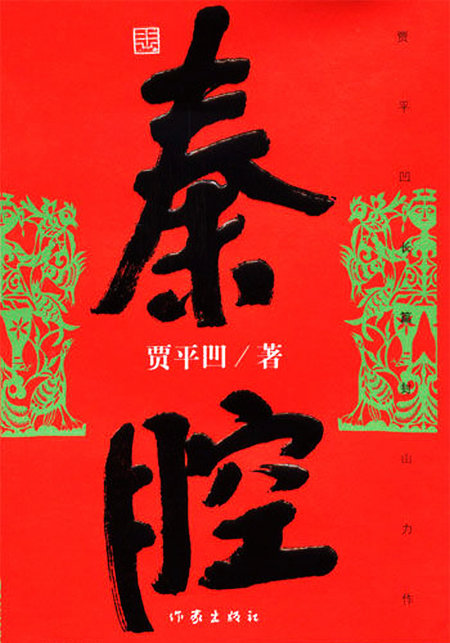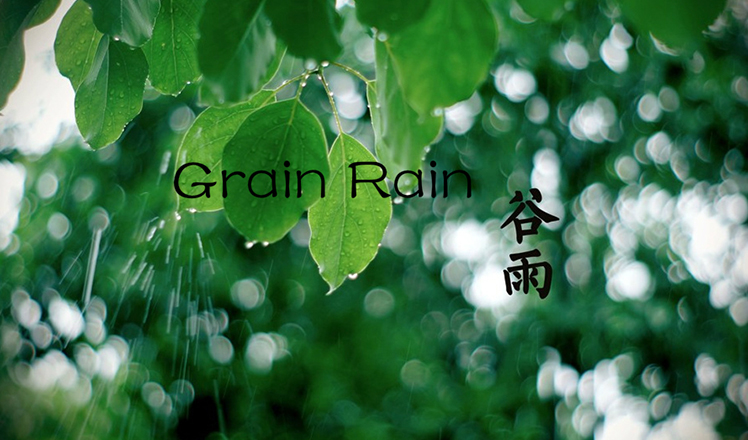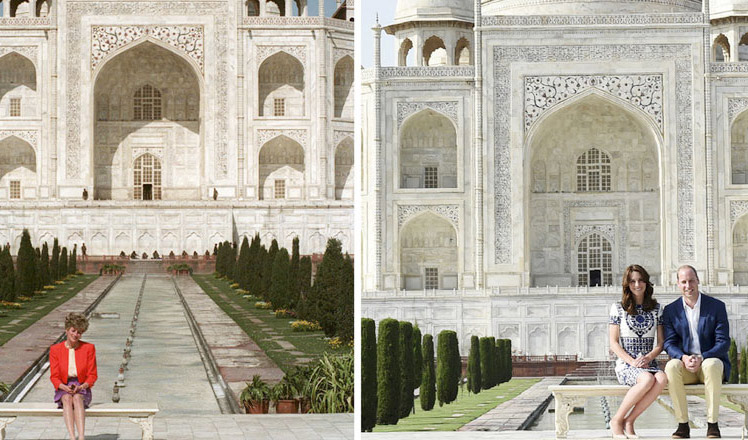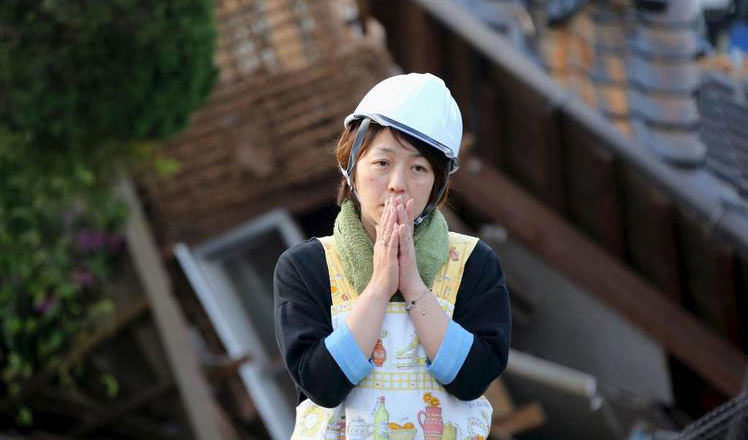 |
|
In 2008, the novel won him the Mao Dun Literature Prize, the top literary award in China. It narrates the stories of two large rural families from Shaanxi province in two main plots covering the local opera and the relationship between farmers and the land. The stories spanning 30 years vividly represent big changes in Chinese villages that come with the country's rapid transformation. [Photo provided to China Daily]
|
The situation reminded Jia of the story about the abducted girl, and resulted in the new novel of around 200 pages-his shortest-using a concept he borrowed from Chinese ink painting, an art form that he is also good at.
Instead of depicting pure good and evil, his book creates an organic image of a remote village in his home province, where challenging living conditions present many complexities.
Chinese author Liang Hong, who is known for her works about the Chinese countryside, says that for her, Ji Hua isn't about an abducted woman, but more about how to communicate with the land. Through the abducted woman's perspective, readers not only see the problems of the rural areas, but also the different aspects of village life.
"In ink painting, white and black seem to integrate more than contrast. So all the characters in the novel are part of the village, and each person has his or her position on issues," says Liang.

 Reuters' Pulitzer-winning photos of migrant crisis in Europe
Reuters' Pulitzer-winning photos of migrant crisis in Europe
 Young people invent bicycle wheel hub charger
Young people invent bicycle wheel hub charger
 Culture Insider: Five things you may not know about Grain Rain
Culture Insider: Five things you may not know about Grain Rain
 Smart age makes a billionaire in six years
Smart age makes a billionaire in six years
 China's last steam locomotive is to disappear
China's last steam locomotive is to disappear
 British royal couple visits the Taj Mahal
British royal couple visits the Taj Mahal
 The world in photos: April 11- April 17
The world in photos: April 11- April 17
 PLA plane lands at Yongshu Jiao reef to help patients
PLA plane lands at Yongshu Jiao reef to help patients















